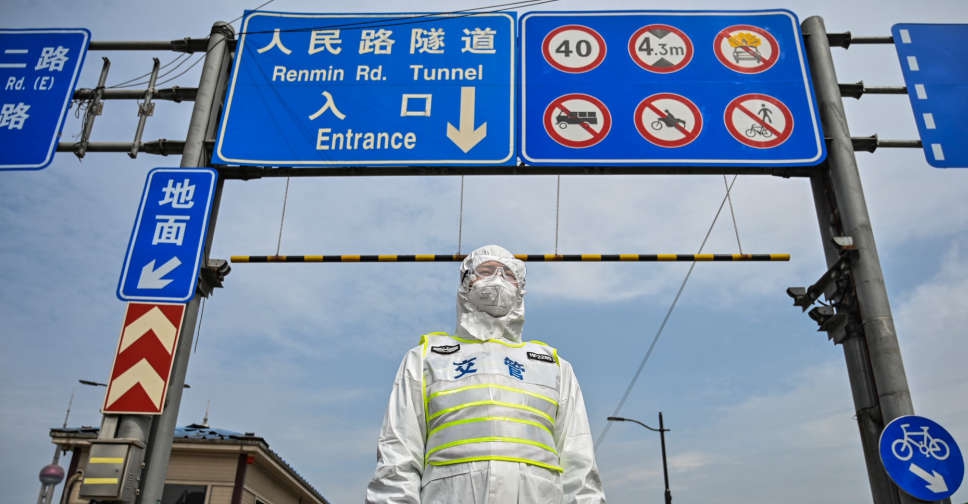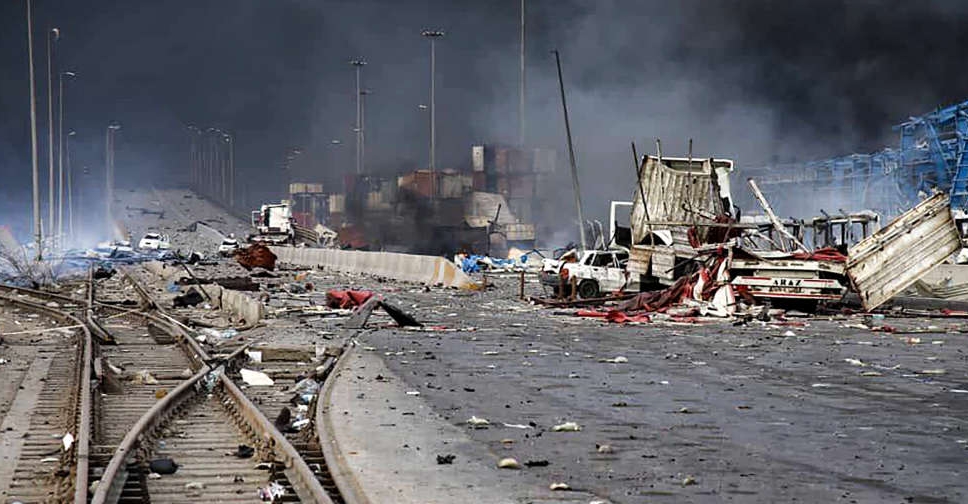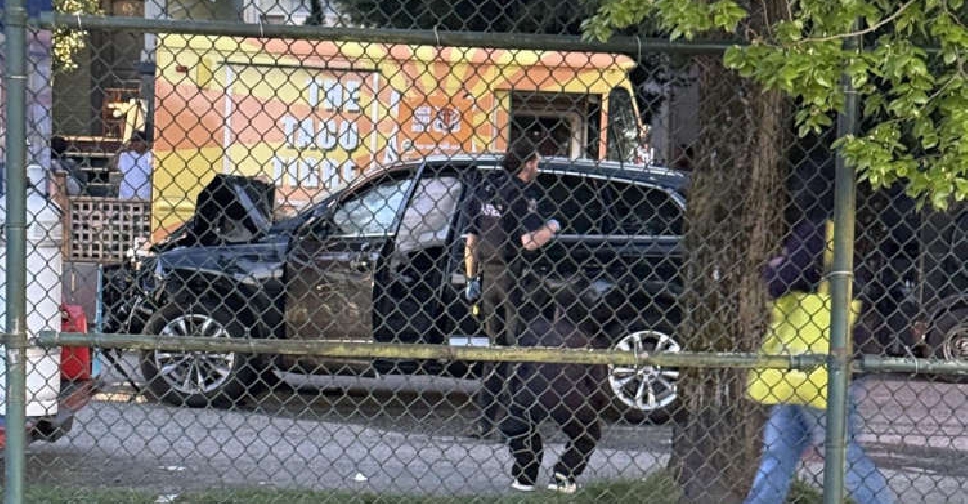
The Chinese capital of Beijing closed some public spaces and stepped up checks at others on Thursday, as most of the city's 22 million residents embarked on more COVID-19 mass testing aimed at averting a Shanghai-like lockdown.
As Beijing rolled out three rounds of mass testing this week across a number of districts, it locked down a number of residential compounds, office blocks and a university after infections were found. Some schools, entertainment venues and tourist sites were also shut down.
Universal Studios in Beijing announced late on Wednesday it would require visitors to show negative test results before they could enter the theme park, starting on Friday.
Across Beijing, positive cases were found among the nearly 20 million samples acquired in the first round of mass testing, but numbers remained small. The city on Thursday reported 50 new infections for April 27, up from 34 a day earlier.
Since April 22, Beijing has found over 160 cases, more than half in Chaoyang, the city's most populous district known for its nightlife, malls and embassies.
Despite the low caseload, Beijing remained on edge.
Dongcheng district on Thursday sealed off a few hutongs after one infection was found.
Dongcheng, as well as Xicheng, two districts at the core of downtown Beijing, also announced on Thursday that all of their cinemas had been shut.
In the north of Beijing, Yanqing, a small district with a population of 350,000, said it will start screening those who live and work in the area, even though it is not on the list of districts ordered to conduct mass testing this week.
Pinggu, a district in the northeast of Beijing, also said it will test its population of 457,000 on Thursday and Saturday.
ON EDGE
When the outbreak in Shanghai began, new infections were under 100 a day from March 1-10 before doubling and then surging to more than 700 by March 20.
By the end of March, Shanghai was reporting thousands of new infections, prompting a citywide lockdown and upending the lives of its 25 million residents.
So far, Beijing has largely allowed residents to go to work even as they get tested, unless infections are found and localised lockdowns are required.




 Qatari PM: Ceasefire talks on Gaza show signs of progress
Qatari PM: Ceasefire talks on Gaza show signs of progress
 More than 700 injured in Iran's explosion
More than 700 injured in Iran's explosion
 UN warns funding cuts threaten vital aid
UN warns funding cuts threaten vital aid
 Multiple dead in Vancouver after vehicle plows into street festival
Multiple dead in Vancouver after vehicle plows into street festival


